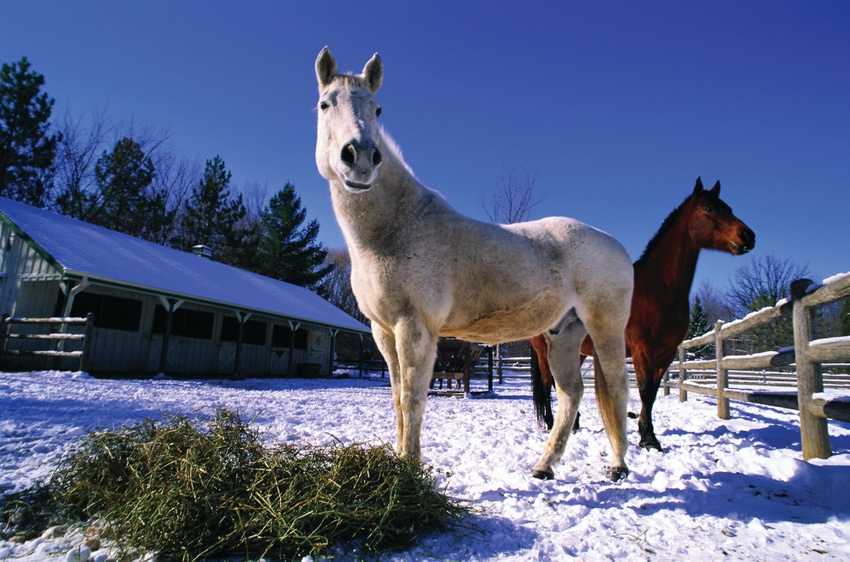
More news this week confirms the summer of 2014 is shaping up to be a busy year for Texas animal health officials as the state and nation's first cases of Vesicular Stomatitis (VS) in cattle have been confirmed in South Texas.
The Texas Animal Health Commission (TAHC) has confirmed two head of cattle in Jim Wells County near Mathis are infected with VS, and the premises where the two reside has been placed under immediate quarantine.
Testing at the USDA Foreign Animal Disease Diagnostic Laboratory at Plum Island, New York, confirmed the virus as the New Jersey serotype, which is the same serotype found in nine previously reported cases in Texas horses. The latest news raises the total number of Texas animals infected with VS this year to 13.
For the latest on southwest agriculture, please check out Southwest Farm Press Daily and receive the latest news right to your inbox.
According to the latest (July 8, 2014) United States Department of Agriculture, Animal and Plant Health Inspection Service Weekly VS Situation Report, a total of 11 horses and two head of cattle have been confirmed with VS so far this year, with a total of 184 susceptible animals reported this year including 90 horses, 81 head of cattle and 13 goats. Susceptible animals may be located on the same premises as confirmed VS animal cases or may have come in contact with VS infected animals.
Five counties report VS cases
In all, eight individual premises in five Texas counties have confirmed cases of VS. Those counties include two premises in Hidalgo County, one in Jim Wells County, one in Kinney County, two in Nueces County and two in San Patricio County - all in South/Southwest Texas.
On May 23, 2014, the National Veterinary Services Laboratories (NVSL) in Ames, Iowa, confirmed a finding of vesicular stomatitis virus (VSV) infection (New Jersey serotype) on an equine premises in Kinney County. USDA-APHIS says four affected horses on the premises met the case definition of infection with compatible clinical signs and either virus isolation or positive complement fixation antibody titers. This was the first VSV index case for the nation in 2014.
Animal health officials say the index premises in Kinney County was released from quarantine on July 8. The lesions in the affected horses had healed and a 21-day countdown was completed with no animals becoming newly affected on the premises. Currently, 6 additional premises are on 21-day countdown to quarantine release.
Symptoms
VS can cause blisters and sores in the mouth and on the tongue, muzzle, teats, or hooves of horses, cattle, swine, sheep, goats, llamas and a number of other animals. Lesions usually will heal in two or three weeks. Because of the contagious nature of VS and its resemblance to other diseases such as foot and mouth disease, animal health officials urge livestock owners and caretakers to report these symptoms to their veterinarians immediately.
The newly identified infected herd of cattle is currently under quarantine by the TAHC. Regulatory veterinarians will monitor affected and exposed cattle until all lesions have healed and a decision is made to release the quarantine (a minimum of 21 days). There is no known exposure to other horses or cattle on this site. This is the first case of VS in cattle in the United States since 2006.
"If you suspect your animal may have VS, you should notify your veterinarian immediately," said Dr. Andy Schwartz, TAHC State Epidemiologist. "VS is not highly contagious to people, but it can cause flu-like illness if infected saliva gets into an open wound, eyes or mouth. People handling potentially infected animals should wear gloves for protection, and talk with their physician if they have questions."
The following states have provided the TAHC with information on enhanced entry requirements they are imposing on Texas livestock (including cattle and horses) due to the recently announced VS cases.
About the Author(s)
You May Also Like




